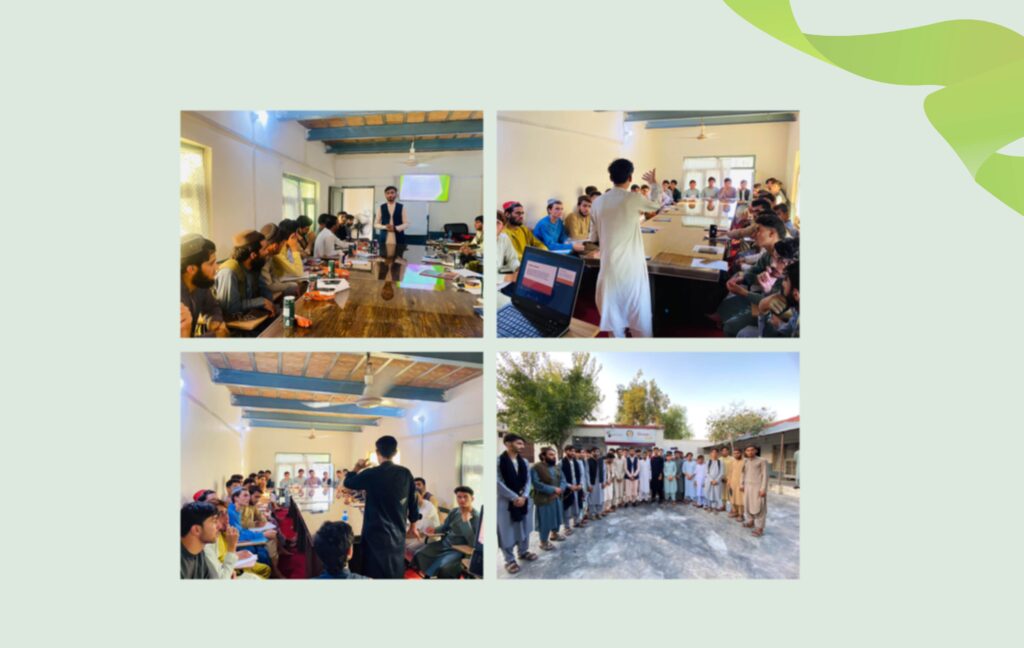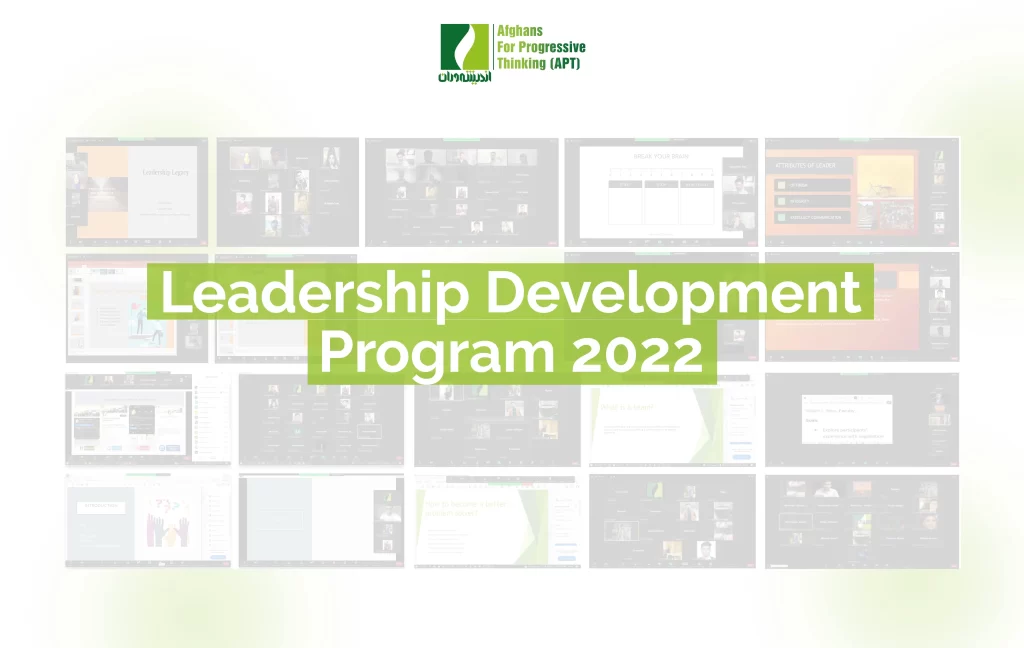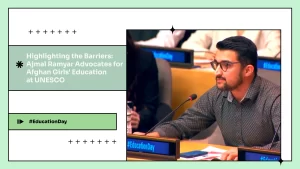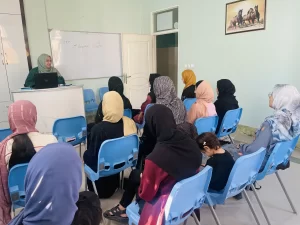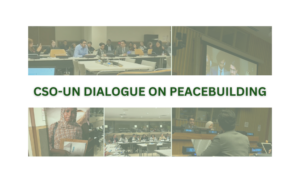The APT organized the third cycle of its Leadership Development Program. In this cycle, which consisted of ten online sessions, 24 female and male university students from the different provinces of Afghanistan got the chance to learn various topics including Communication, Women in Leadership, Leadership Styles, Building Trust, Women in Peace and Conflict, Leadership Legacy, and Using our Education to Help others and practiced their lesson and learns through designing a social project and implementing it as part of their teamwork. Each session of this course was conducted by national and international instructors who are experts in their field.
Social Projects:
First Team:
The first team of our leadership development program implemented their social project under the title of “Be Strong, Be Yourself”. In this three-hour motivational workshop, 30 female university students learned how to determine their inner strengths, and find motivation in every critical situation- especially, as the Taliban is dictating restrictions and marginalizing women in Afghan society. Moreover, these 30 participants were assigned to groups to jot down their current personal and social challenges and solutions for those.
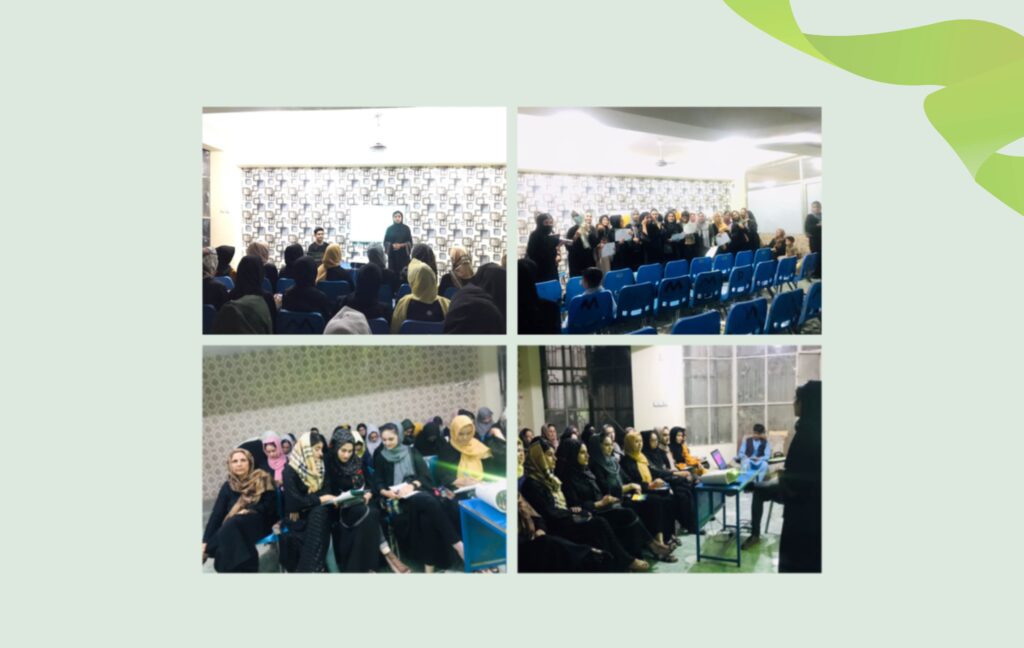
Second Team:
The second team visioned helping university students to learn the basic skills of professional CV writing; hence, this team implemented their social project under the title of “Professional CV Writing” for 22 female and male university students based in Kabul. In this four-hour workshop, the trainer – one of the team members- explained the basics. Still, important professional CV writing, and also, at the end of the program, some authentic and efficient ways of seeking a job were mentioned to the participants.
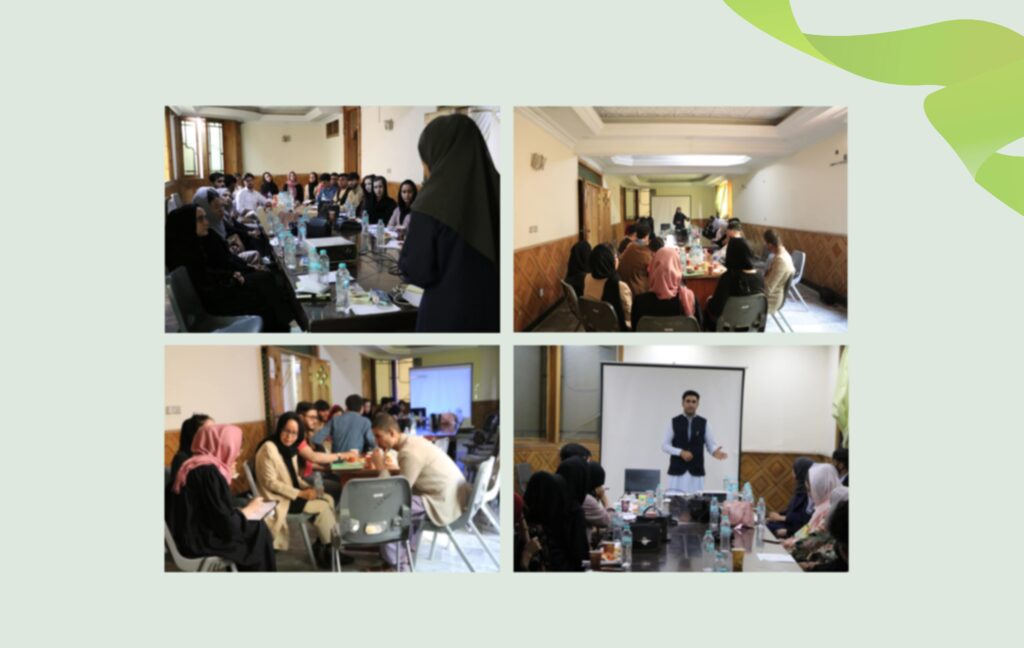
Third Team:
The third team designed their project to enhance the e-mail writing skills of university students. This team implemented their project with the title “E-mail Writing” based in Nangarhar Province. This project lasts for three hours and participants learned how to write a formal and informal e-mails while communicating in their community. Additionally, at the end of the program, as part of the project evaluation, participants were assigned to submit one formal and one informal e-mail to the team member.
